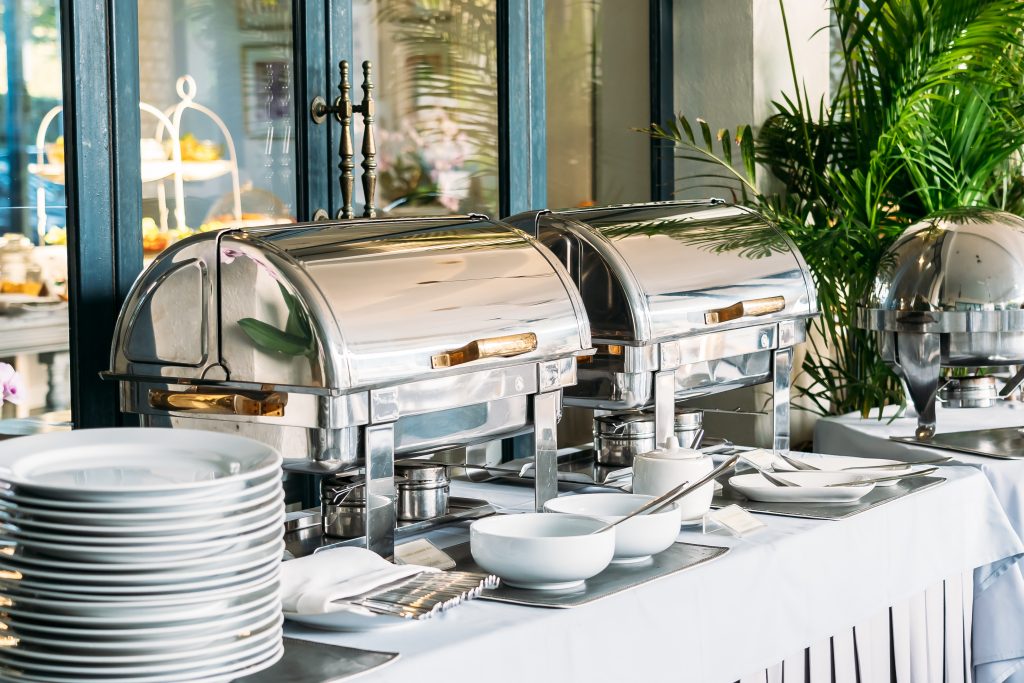In the fast-paced world of event planning, where deadlines loom large and stress levels can soar, there is a growing recognition of the need to integrate wellness practices into the fabric of meetings and events. The concept of Mindful Meetings has emerged as a powerful trend, emphasizing the importance of mental and physical well-being amidst the hustle and bustle of professional gatherings. Event planners are now weaving mindfulness into the very structure of their programs, fostering an environment that nurtures both productivity and participant well-being. One of the key aspects of Mindful Meetings is the incorporation of mindful practices that promote mental health. This can range from incorporating short meditation sessions into the agenda to providing designated spaces for relaxation and reflection. Planners are recognizing that a stressed and overwhelmed attendee is unlikely to fully engage with the content of the event. Thus, integrating moments of mindfulness helps to create an atmosphere of calm and focus, enhancing the overall experience for participants.

Furthermore, the importance of physical wellness in event Catering And Event Planning is gaining prominence. Long hours of sitting in conference rooms or attending back-to-back sessions can take a toll on participants’ health. To counter this, event planners are incorporating wellness breaks into their schedules, encouraging attendees to stretch, move, or participate in short fitness activities. Some events even offer wellness lounges equipped with ergonomic furniture, healthy snacks, and hydration stations, providing a retreat for participants to recharge both mentally and physically. Nutrition is another crucial component of Mindful Meetings. Traditional conference fare is being replaced with healthier, nutrient-dense options. Planners are increasingly offering a variety of dietary choices, accommodating different preferences and restrictions. The focus is shifting towards menus that not only satisfy hunger but also fuel the body and mind for optimal performance. Hydration stations with infused water and herbal teas are becoming standard features, emphasizing the importance of staying well-hydrated throughout the event.
Event apps now include features that remind participants to take breaks, practice mindfulness, or join a quick fitness session. Gamification elements are introduced to incentivize healthy behaviors, turning wellness into an interactive and engaging aspect of the event experience. Beyond the event itself, Mindful Meetings are extending their impact to the post-event phase. Planners are providing resources and tools to help attendees carry the principles of mindfulness and well-being into their daily lives. This might include access to meditation apps, follow-up emails with wellness tips in Baku Catering, or even virtual communities where participants can continue to support each other in their wellness journeys. In conclusion, Mindful Meetings represent a paradigm shift in the world of event planning. By prioritizing the well-being of participants, these events not only enhance the overall experience but also contribute to a healthier and more productive professional community. As the demand for a holistic approach to meetings continues to grow, the integration of mindfulness and wellness practices is poised to become a standard in the evolving landscape of event planning.